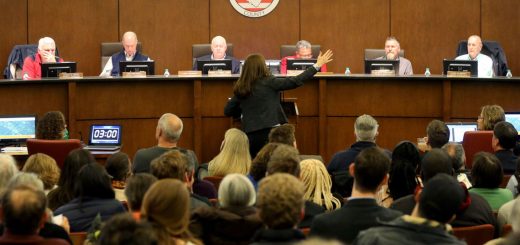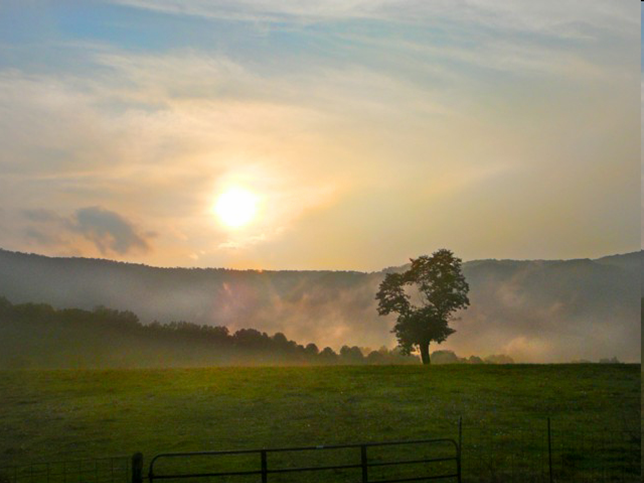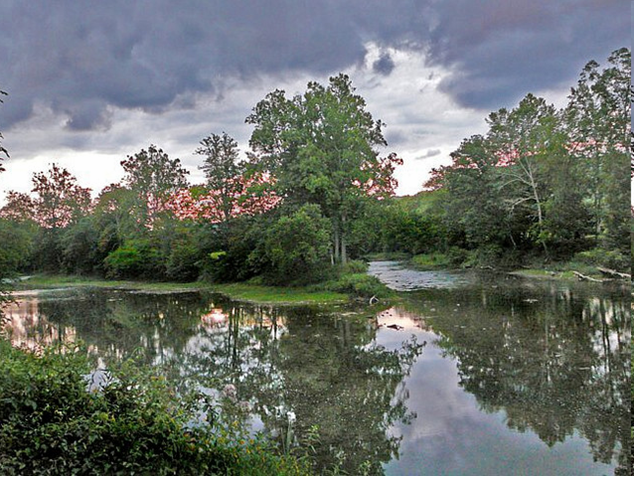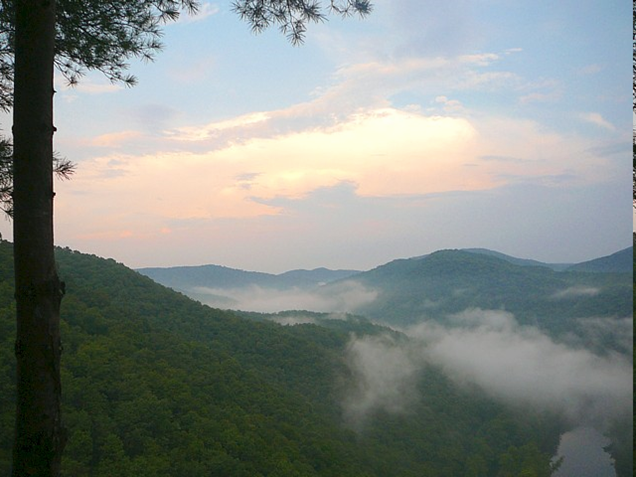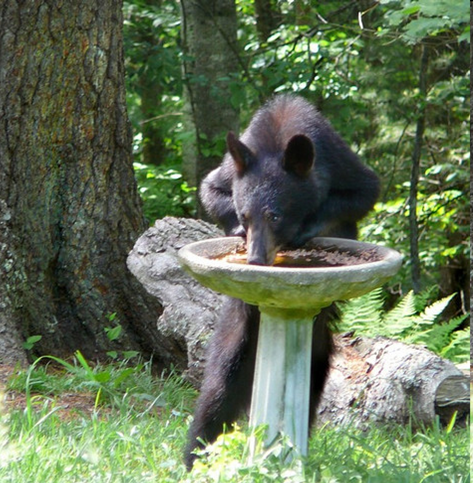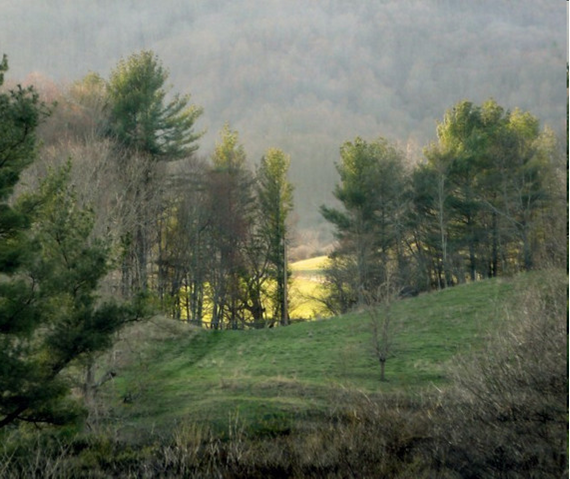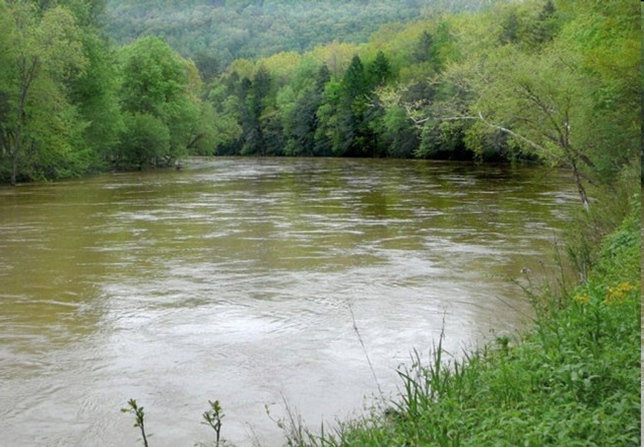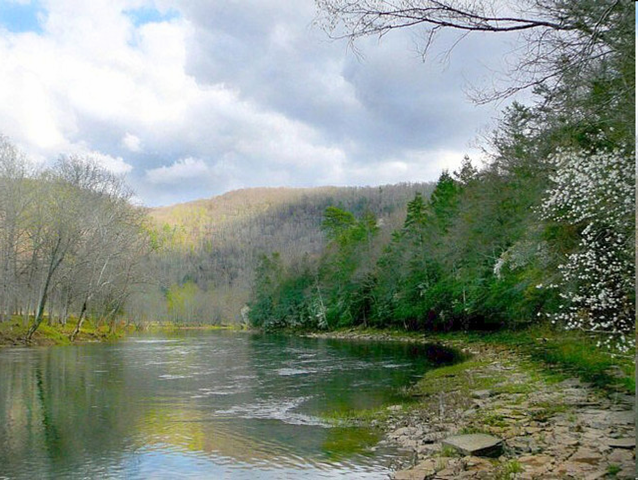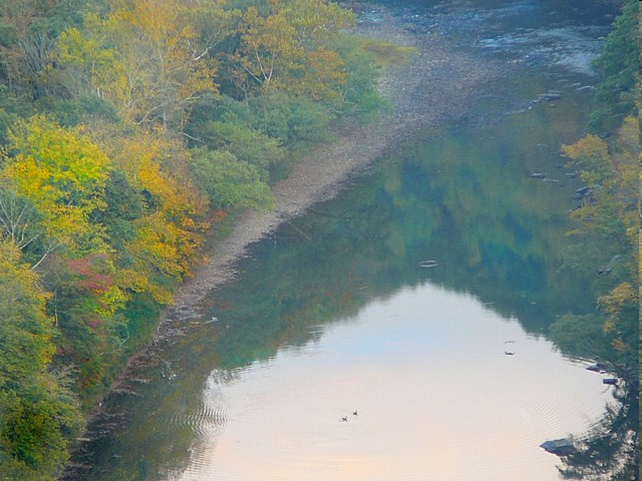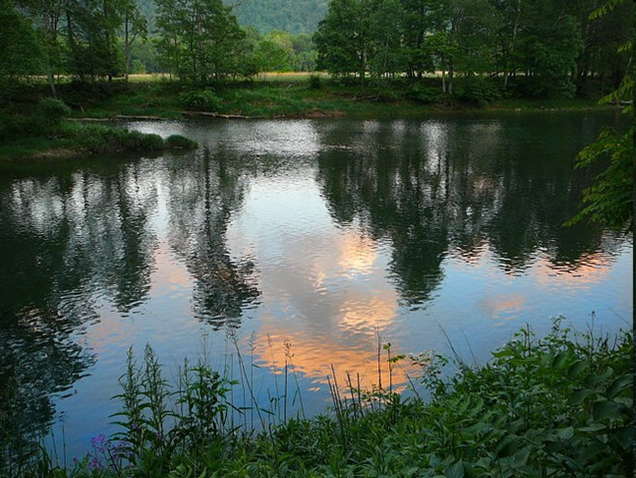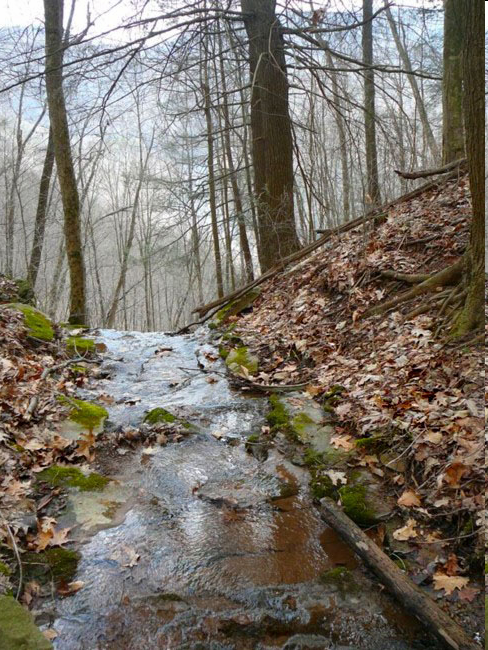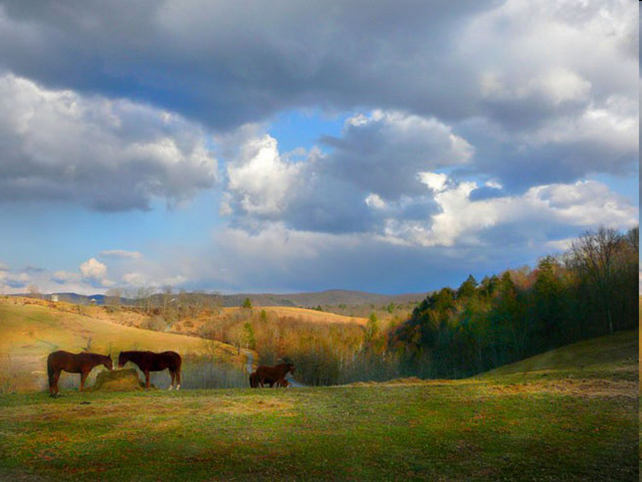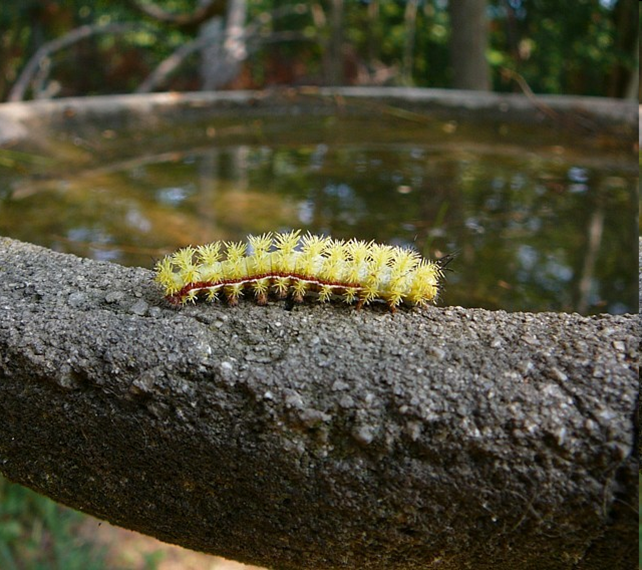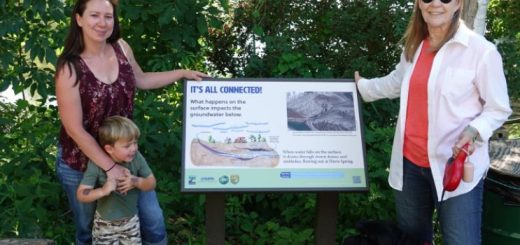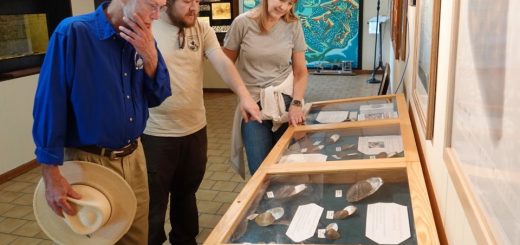Roanoke attorneys seek criminal investigation of Mountain Valley Pipeline
By Lawrence Hammack Roanoke Times
Crews building the Mountain Valley Pipeline may have violated civil and criminal laws by continuing construction in streams and wetlands after a permit was suspended, two Roanoke attorneys say in asking for a federal investigation.
Charlie Williams and Tom Bondurant told The Roanoke Times this week that they have shared with the Environmental Protection Agency a “substantial body of evidence” gathered by Preserve Bent Mountain, an organization they represent.
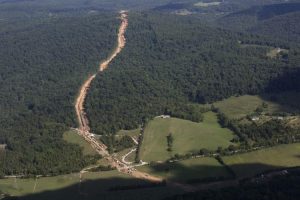
The Mountain Valley Pipeline route pictured north of Fort Lewis Mountain and west of Salem near the border of Roanoke and Montgomery counties.
After reviewing photographs and other documentation from the group, which spent weeks monitoring pipeline construction, Williams and Bondurant asked the EPA in a Nov. 26 letter to conduct a formal investigation.
“We concluded there was enough evidence of violations of criminal law, particularly the Clean Water Act, that we could make a good-faith submission to the EPA,” said Williams, who specializes in environmental law at the firm of Gentry Locke.
Bondurant, a Gentry Locke attorney and former federal prosecutor, said that it could be a criminal offense for Mountain Valley to continue work in water bodies after its stream-crossing permit was suspended last October by the U.S. Army Corps of Engineers.
It was unclear if an investigation has begun. Officials with the EPA did not return calls or respond to emailed questions Monday and Tuesday. A Mountain Valley spokeswoman declined to comment.
But there appears to be some activity in the agency’s Washington, D.C., headquarters related to the pipeline.
Roberta Kellam, a former State Water Control Board member who voted against a water quality certification for the pipeline and has been critical of its environmental impact, said this week she has provided a statement to the EPA’s criminal investigations division. She declined to comment further.
Since her term on the water board ended in November, Kellam has met with members of Preserve Bent Mountain and other pipeline opponents. In two opinion pieces written for the Virginia Mercury, a nonprofit online news organization, she questioned the vigilance of the Virginia Department of Environmental Quality in regulating construction of a project that has been cited repeatedly for inadequate erosion- and sediment-control measures.
Usually, such violations are handled administratively through enforcement actions by DEQ.
But last month, DEQ took the unusual step of filing a lawsuit against Mountain Valley, seeking court-ordered compliance with its regulations. Attorney General Mark Herring, who filed the lawsuit, said at the time that he would seek the maximum fines allowed for more than 300 violations alleged in the civil action.
The request for an EPA investigation of possible criminal offenses involves work in streams and wetlands — areas that DEQ ceded its authority to regulate to the Army Corps of Engineers over a year ago.
After issuing a general permit that allowed Mountain Valley to dig trenches and bury the 42-inch diameter steel pipe through more than 500 streams and wetlands in Southwest Virginia, the Army Corps suspended its permit in October.
The suspension came after the 4th U.S. Circuit Court of Appeals threw out a similar permit covering stream crossings in the West Virginia portion of the 303-mile pipeline. The appeals court ruled the Army Corps lacked the authority to bypass a state-imposed condition that pipeline stream crossings must be completed within 72 hours to limit environmental harm.
With Mountain Valley admitting that it would take over a month to burrow through four major rivers in West Virginia, the company was forced to suspend work on all stream crossings until it could obtain new permits. No such permits have been issued.
But in the weeks following the permit suspension, members of Preserve Bent Mountain observed what they believe to be improper activities in streams and wetlands.
Those activities include workers with hand-held tools in streams, soil disturbance in wetlands, and other work in close proximity to streams and wetlands that has resulted in discharges of sediment into streams, Williams and Bondurant said.
The work being questioned involves at least six sites in Southwest Virginia.
One of the Preserve Bent Mountain members who documented the activities was Roberta Bondurant, the wife of Tom Bondurant.
After spending weeks going over the evidence, the two attorneys stressed they have not concluded that criminal laws were broken.
That should be a question for the EPA, they said.
Asked about the attorneys’ request for an investigation, Mountain Valley spokeswoman Natalie Cox on Tuesday released the following statement:
“We are unable to provide comment regarding an ongoing enforcement matter and; therefore, cannot provide additional information regarding the allegations at this time.”


